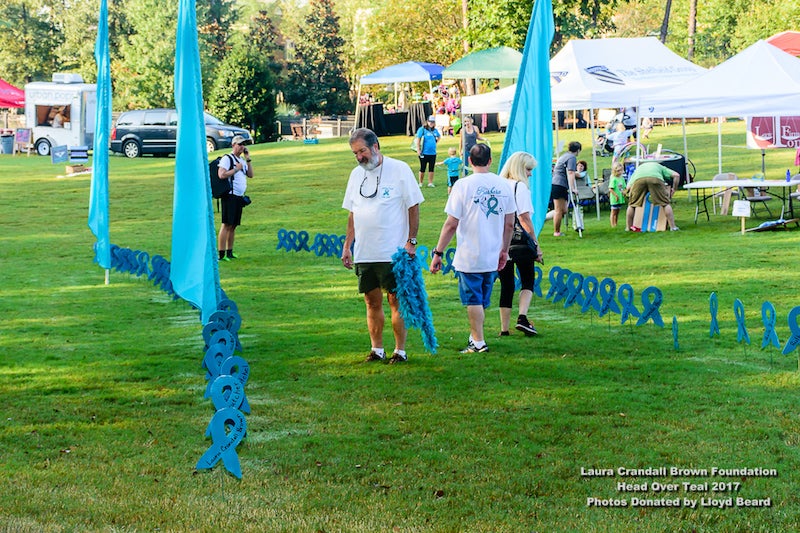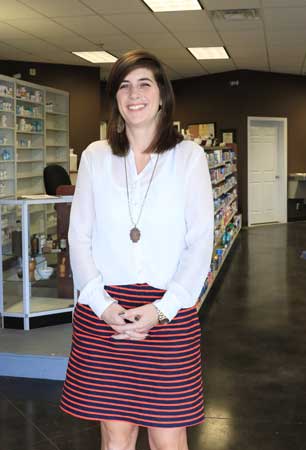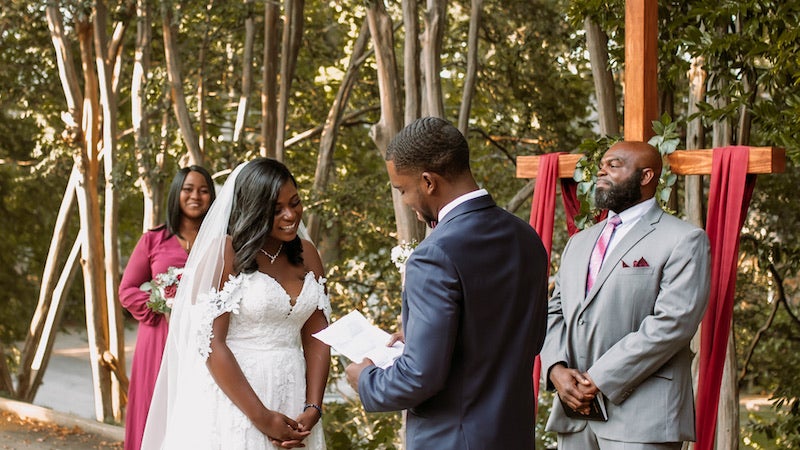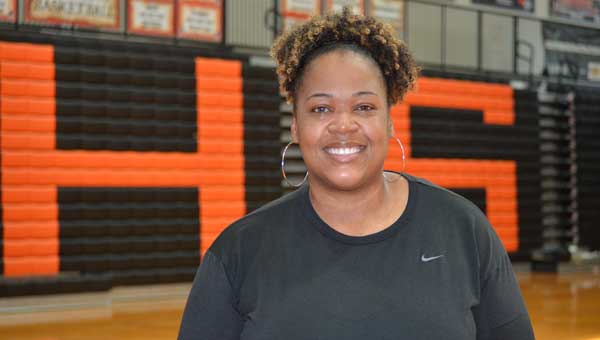When Jim and Cecilia Crandall lost their daughter to ovarian cancer, they decided to honor Laura’s memory by supporting other women, just as she would have.
In 2009, Laura Crandall Brown entered a clinical trial in Houston, Texas, for ovarian cancer treatment with one thing in mind: Even if the treatment didn’t help her, the discoveries made during the process might save someone else.
Laura passed away later that year at just 25 years old, but her legacy lives on in the form of the Laura Crandall Brown Foundation—an organization that aims to support early detection research of ovarian cancer and to raise awareness of the disease.
“Laura saw many very sick people in Houston,” says Laura’s dad, Jim Crandall. “She always wanted to be able to assist, even if it was just saying a kind word or sharing a blanket.”
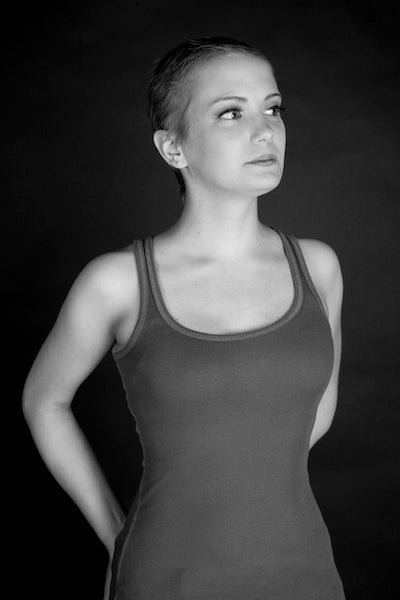
Photo by Angela Karen
Since the foundation’s beginning more than 10 years ago, Laura’s family and friends have remained true to her passion for helping others who are facing GYN (gynecologic) cancer. The foundation has funded $500,000 in early detection research grants to eight different institutions across the United States, given over $175,000 in direct patient support to women and their families undergoing treatment, and provided items such as transportation, meals, utilities, rent and Christmas gifts for affected families.
“Our mission is made up of three parts: research, awareness and support,” Jim says. “We have educated thousands through health fairs, speaking engagements and media campaigns about the signs and symptoms of GYN cancer and how to recognize these and seek treatment.”
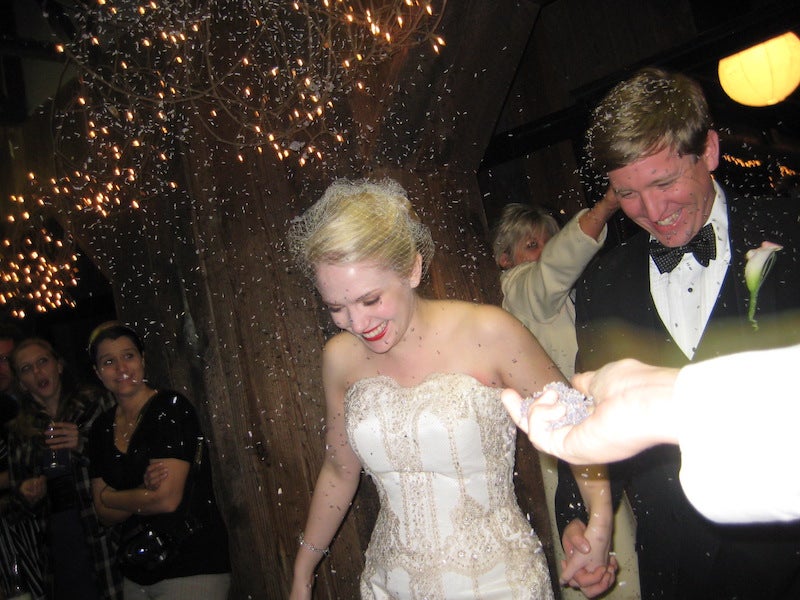
When the foundation finds out about a patient who has received a diagnosis of gynecologic cancer, they send her a comfort care bag as she enters treatment. More than 600 of these bags are prepared every year for distribution in Birmingham, Huntsville and Mobile.
“Laura would love the fact that the foundation has grown over the last 10 years since her death, and that it has helped so many others with GYN cancer,” says Laura’s mother, Cecilia Crandall. “She would be so happy that her name and legacy live on through her foundation.”
The Laura Crandall Brown Foundation is the only nonprofit organization in the state of Alabama whose research is focused exclusively on early detection of ovarian cancer. So far, more than $400,000 has been contributed to this cause. It’s a far more common diagnosis than most people think: A woman dies from gynecologic cancer every 17 seconds. This year, more than 110,000 women will be diagnosed—and 32,000 will die.
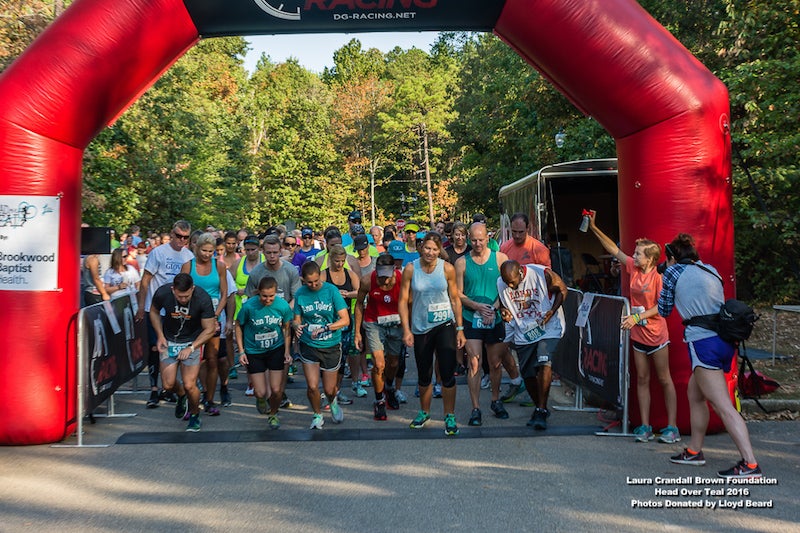
Communicating the symptoms to women of all ages is a massive priority for the foundation, who believes that “without a test, awareness is best.” Once the symptoms have been identified, the patient is able to undergo an effective screening test for early detection, which could quite literally save her life.
The Crandalls could tell myriad stories about the effect their daughter’s legacy has had on others, but Jim remembers one story in particular about an elderly woman who was battling GYN cancer but had no way to drive herself to treatment. Her home in rural Alabama was located about 80 miles from UAB, and she was raising a disabled daughter and caring for a grandson, which left her unable to work. And on top of all that, she didn’t even have a car.
“We assisted her with a volunteer driver to take her to treatment for many months,” Jim says. “After treatment, she applied for a grant that we award each year to women in treatment or who have just completed treatment. The grant enabled her to purchase a reliable used car and gave her the freedom she needed.”
The foundation hosts three annual events to raise more money for early detection research: the Taste of Teal Gala, the Head Over Teal 10K/5K and the Get Busy Fighting Golf Tournament. Each event brings hundreds of attendees each year. They also have a junior board that consistently reaches out to the public, and many corporations and businesses partner with the foundation, as well.
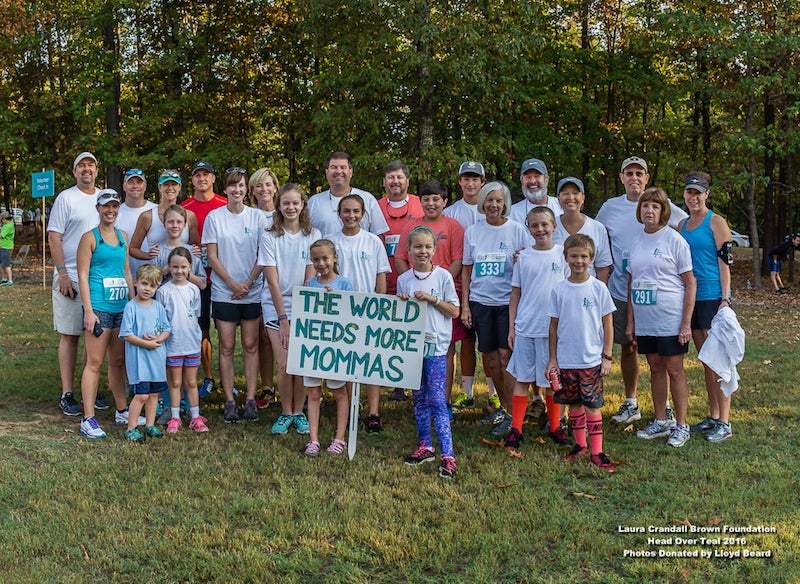
2019 marks the foundation’s 10th year of existence, and the group is celebrating a decade of hope.
“Laura would want you to know that you are not alone when battling this disease,” says Doris Moody, a volunteer with the foundation. “We are working hard to not only find that early detection test that she hoped would help the next person affected by this disease, but also to support those who are fighting this disease emotionally and financially.”
Everyone who joins in the cause makes a tremendous difference for the foundation, especially the volunteers that help put on events, assist in facilitating exhibits and spread the word about early detection.
“Without the tremendous support of others we would not exist,” Jim says. “I wish I could express to everyone all the good that they have been able to accomplish.”
“It has been a way to pay it forward to help others, just like so many helped Laura,” Cecilia adds. “It’s helped turn such a negative thing in our lives into a positive and humbling opportunity to be there for others.”
For more information about the Laura Crandall Brown Foundation, visit Thinkoflaura.org.

